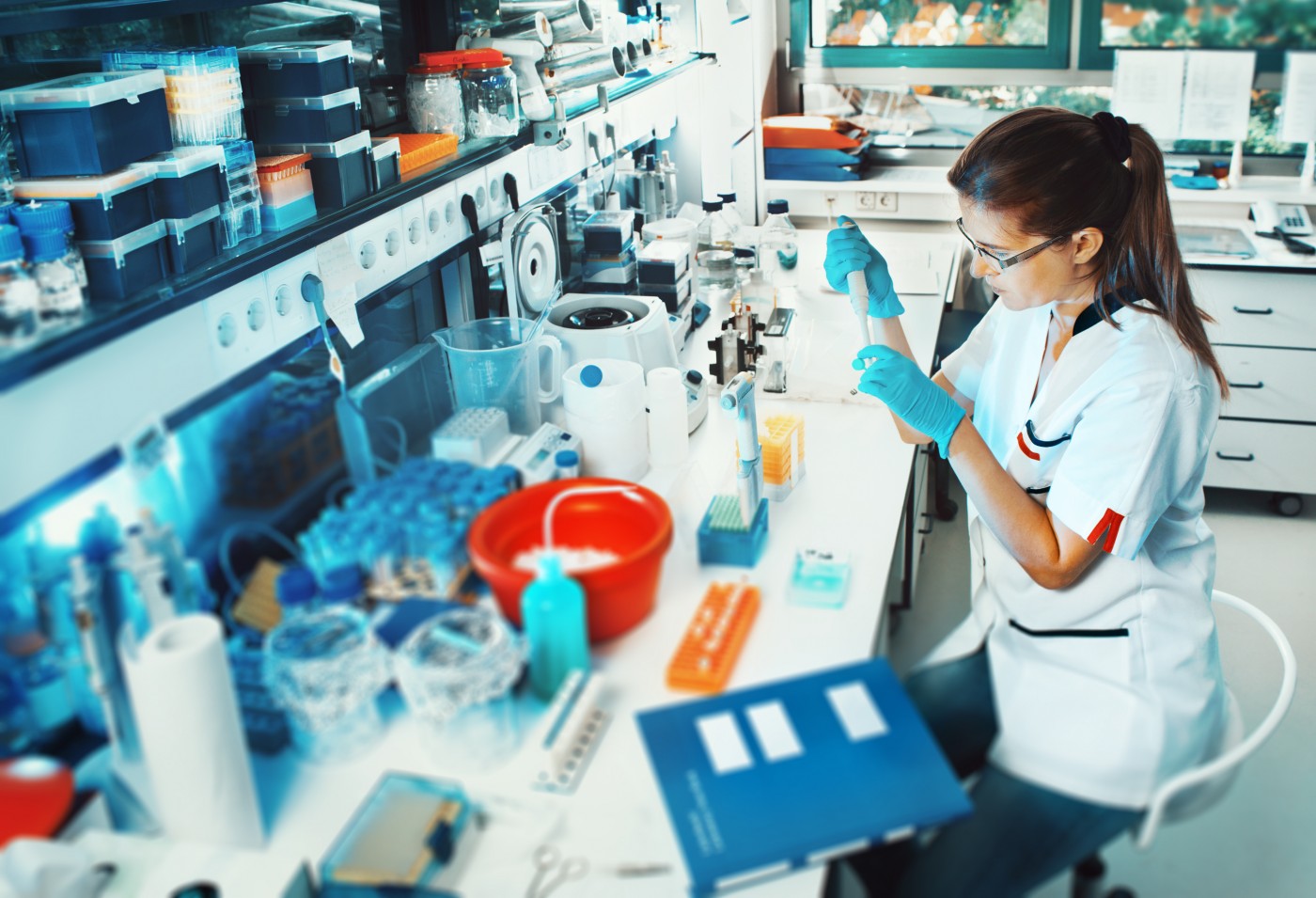Foundation for Mitochondrial Medicine, UAB and Seahorse Bioscience Form Patient Care Clinical Program

Research efforts behind finding better solutions to mitochondrial diseases are receiving a boost with the newly founded Foundation for Mitochondrial Medicine Program at University of Alabama at Birmingham (UAB). The program was formed by a collaborative partnership between The Foundation for Mitochondrial Medicine (FMM), the University of Alabama at Birmingham (UAB) and Seahorse Bioscience, and will be focused on mitochondrial disease’s diagnostics and disease monitoring using precision medicine models.
This specialty clinic is unique in that it combines medical and academic capabilities with a philanthropic mission to transform how mitochondrial disease is approached early on by establishing and furthering the latest advances in bioenergetic and therapeutic techniques in precision medicine. According to a press release, the program will attempt to fulfill this mission through: “1) a monthly multidisciplinary clinic to evaluate and care for adults and pediatric patients with mitochondrial disease and 2) a reference laboratory for metabolic bioenergetics focused on establishing mitochondrial-targeted clinical, noninvasive laboratory measurements and instruments.”
“By establishing the clinic and sharing this vision, we plan to address the unmet clinical, diagnostic and therapeutic needs of the mitochondrial patient community,” said Laura Stanley, Executive Director of FMM. “Clinical needs of the patient community will be coordinated under one roof, and multiple specialists will join together to serve complex patient populations whose symptoms require the collective knowledge of neurologists, geneticists, gastroenterologists and others. UAB and Seahorse Bioscience have made revolutionary advancements in the field of bioenergetics, and UAB’s established research expertise and longstanding work in neuromuscular diseases make it the ideal location for the program.”
While the past 4 decades have produced significant progress in screening, diagnosing, and managing mitochondrial diseases, treatments that address the specific needs of patients remain untapped. Seahorse Bioscience will be lending its expertise in precision instrumentation, while the UAB will help with bioenergetics testing to shed more light on the role precision medicine can play in advancing research in the field of mitochondrial disease.
“The most serious diseases that affect developed nations, such as atherosclerosis, neurodegeneration and diabetes, are known to involve changes in bioenergetic health,” said Victor Darley-Usmar, Ph.D., endowed professor of mitochondrial medicine and pathology, vice-chair for research in the UAB Department of Pathology, and scientific director of the program. “The challenge is to translate the findings in basic research in mitochondrial function and the pathology of disease to the clinic, and this program will be a major step toward achieving that aim. For the first time, we will apply new means of measuring bioenergetic health to the management and care of patients with mitochondrial diseases.”
“One of the keys to the resurgence in mitochondrial research and treatment has been our ability to redefine metabolism in the context of the complete cellular architecture of a living cell,” stated David Ferrick, chief scientific officer of Seahorse Bioscience. “Making this complexity addressable allows researchers and physicians to ask and answer questions that were out of reach, and thus limited them to theory and speculation. The combination of compelling patient advocacy by the FMM, basic and clinical expertise of UAB, and enabling technology from Seahorse will be the perfect storm for mitochondrial diseases.”






